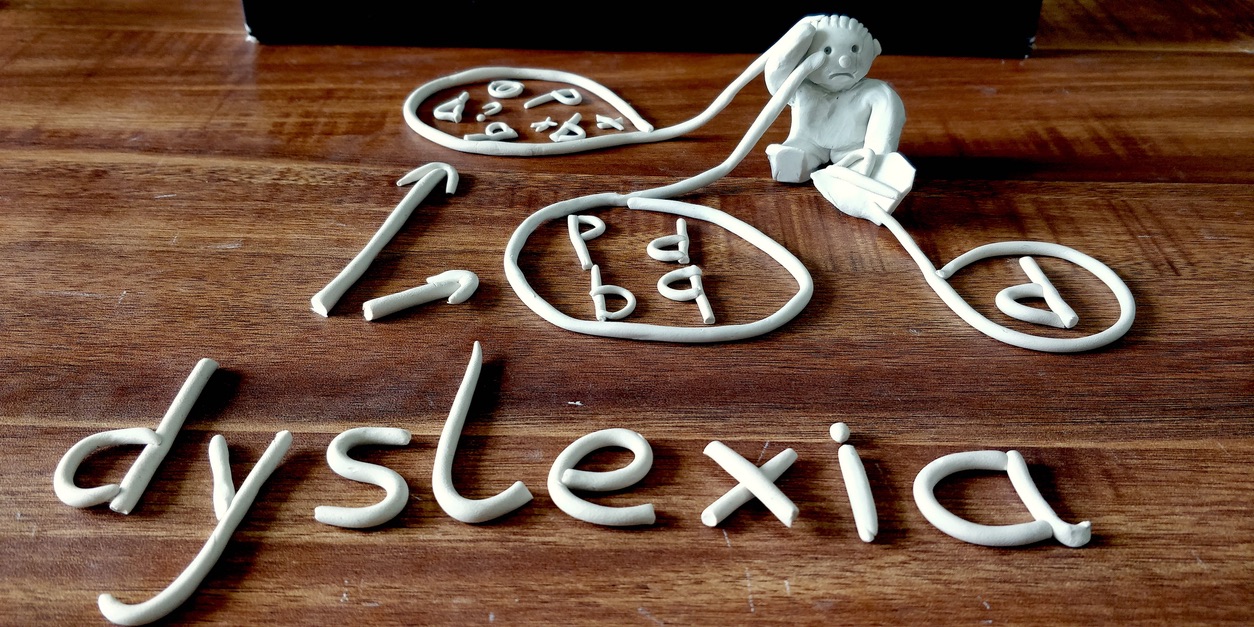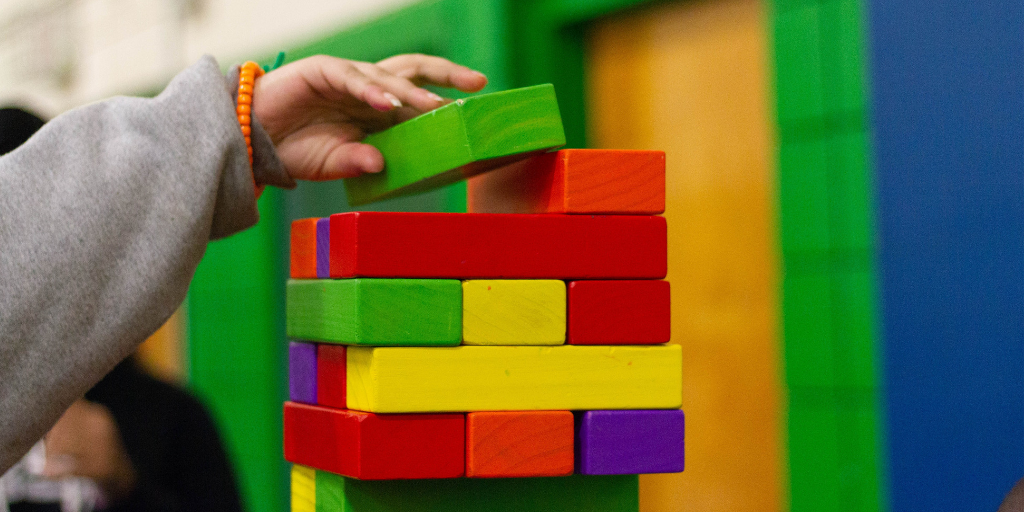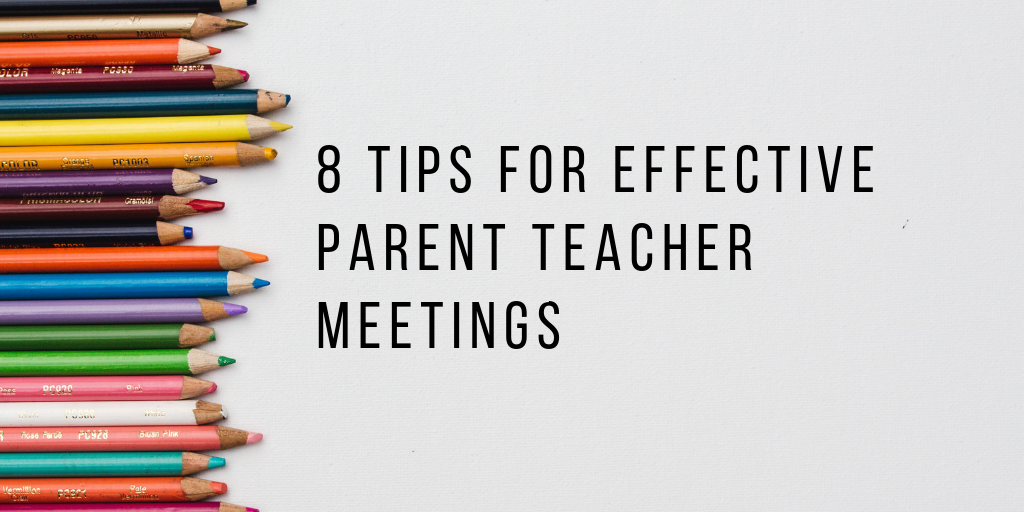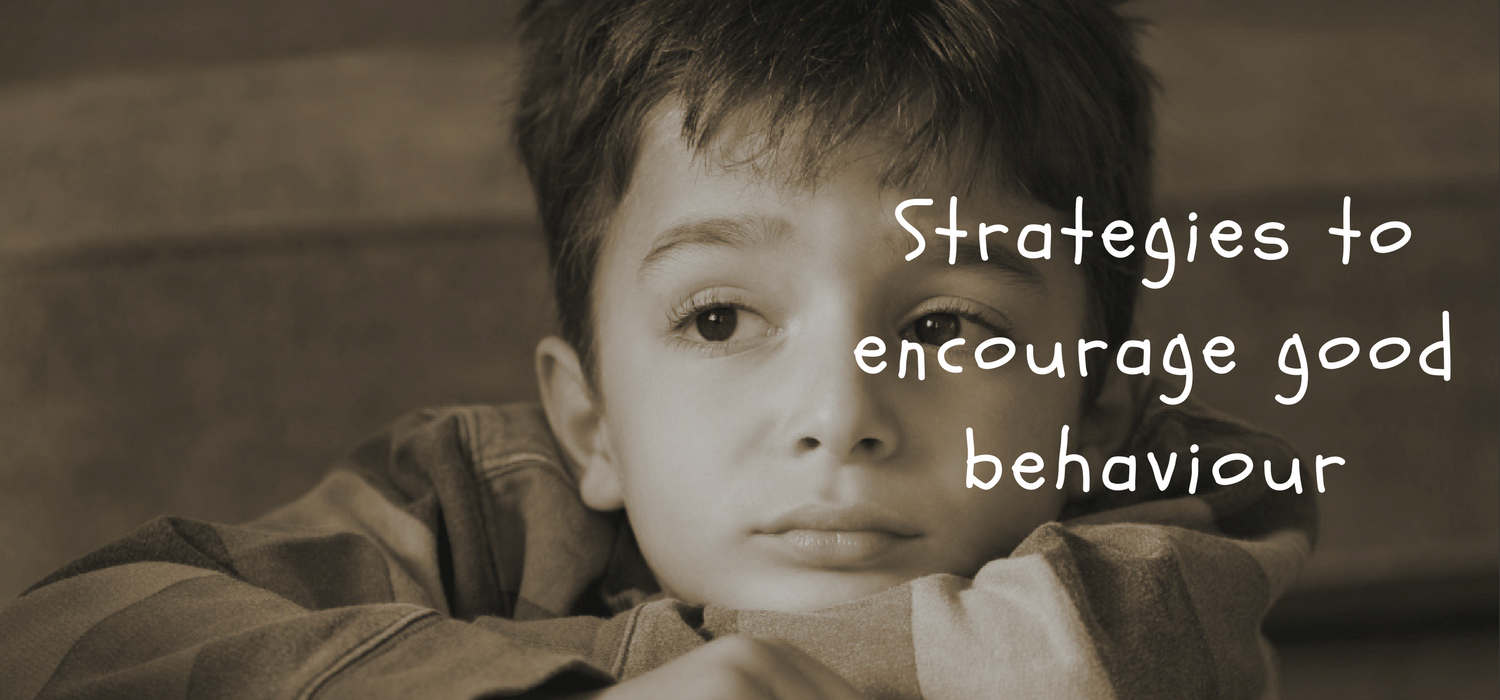This is a sequel to our last article “5 damages caused by physical abuse”. The best way to deal with indiscipline/bad behaviour is to prevent them. But there will be times when children respond to a situation in a way that is not okay. When this happens, adults should be reasonable and deal with it maturely. This is easier said than done and is challenging.
Let’s first understand that children are constantly experimenting and learning new ways of dealing with any situation. Children are very good at observing adults, and their actions are greatly influenced by the reactions of the adults around them. This article details some strategies that are important for adults to consider when regulating behaviour in children.
How should parents encourage good behaviour in children?
1. Exercise Self Control
It is not uncommon for most parents to be angry and raise their voice or at times hit children when they do something wrong. This action may quite the children momentarily and make them obedient in the short run, but will not correct their behaviour and attitude. In short, anger teaches children to fear parents rather than understand the consequences of their actions.
One strategy the parents should adopt is to gain self-control and step away from the “anger zone” for a few minutes and calm down. In a calm voice and normal tone describe the problem or the situation rather than accuse the child of wrongdoing e.g. “If a child dropped a glass of water inspite of you warning to be careful”-Never say “look what you did” or “bad boy/girl you never listen to me”. Instead, describe the situation “Oh oh! I see the glass fell and the water has spilt”. “Will you help me clean it up?” Invariably the child will reply “I will be careful next time”. This approach will encourage your child to try again and not avoid chores.
2. The power of praising right behaviour
While bad behaviour is a serious concern. Parents must realise the importance of recognising the children for their good behaviour. The most effective technique is to catch the children when they have behaved well and express to them how much their actions are appreciated. This acknowledgement from the parent cannot be taken for granted, this is long lasting and will make a difference in the child’s behaviour. Children will learn to differentiate the outcome of good and bad behaviour. Many a time children play up just to get the parents attention because parents react immediately to bad behaviour.
3. Being firm without getting angry
In addition to praising good behaviour, it is important for the parents to be firm and set clear boundaries. Children should clearly know the consequences of bad behaviour without mincing words and explaining in a way that is easily understood by the children. Get down to the children’s eye level rather than speaking to them from high up or from far away. This will send a message that you mean what you say. In this process, the parents are setting the boundaries and teaching children how to manage strong emotions in a healthy way.
Parents should choose a consequence that is simple brief and non-threatening. This should be used sparingly. The strategy for the parents is to remind the children of the boundaries without losing self-control. Over a period, children will learn what is acceptable and what is not acceptable.
4. Parents modelling the behaviour
Parents should treat the children the way they themselves want to be treated by others. Parents must be careful of what words they choose and the tone in which they communicate in situations of conflict. e.g. parents should think of a situation while dealing with a rash driver who overtakes from a wrong side on a highway. Most adults tend to let loose obscene comments. This reaction from the parents can be confusing to the children who are around especially when parents are reminding them to: “stay calm”, “not to lose temper” or “use nice words”. They wonder if all the rules are meant only for children.
5. Giving Choices builds Independence
Choices should be given to children from when the children are young and if parents would like to see their children become more responsible. It is seen that children are more determined to complete tasks that they choose to do and show a more responsible attitude. When it comes to discipline it is easier for parents to handle children who are familiar with making choices. E.g. Most children find it hard to return home after a fun time in the park. This often turns into a tantrum session and the parent getting upset. In such a situation, it helps for the parent to remind the child “In 5 minutes we have to head back home! Do you want to play the slide or the swing for the last 5 mins?” Such choices give children control as well as parents are setting clear boundaries and it is a win-win situation for both.










